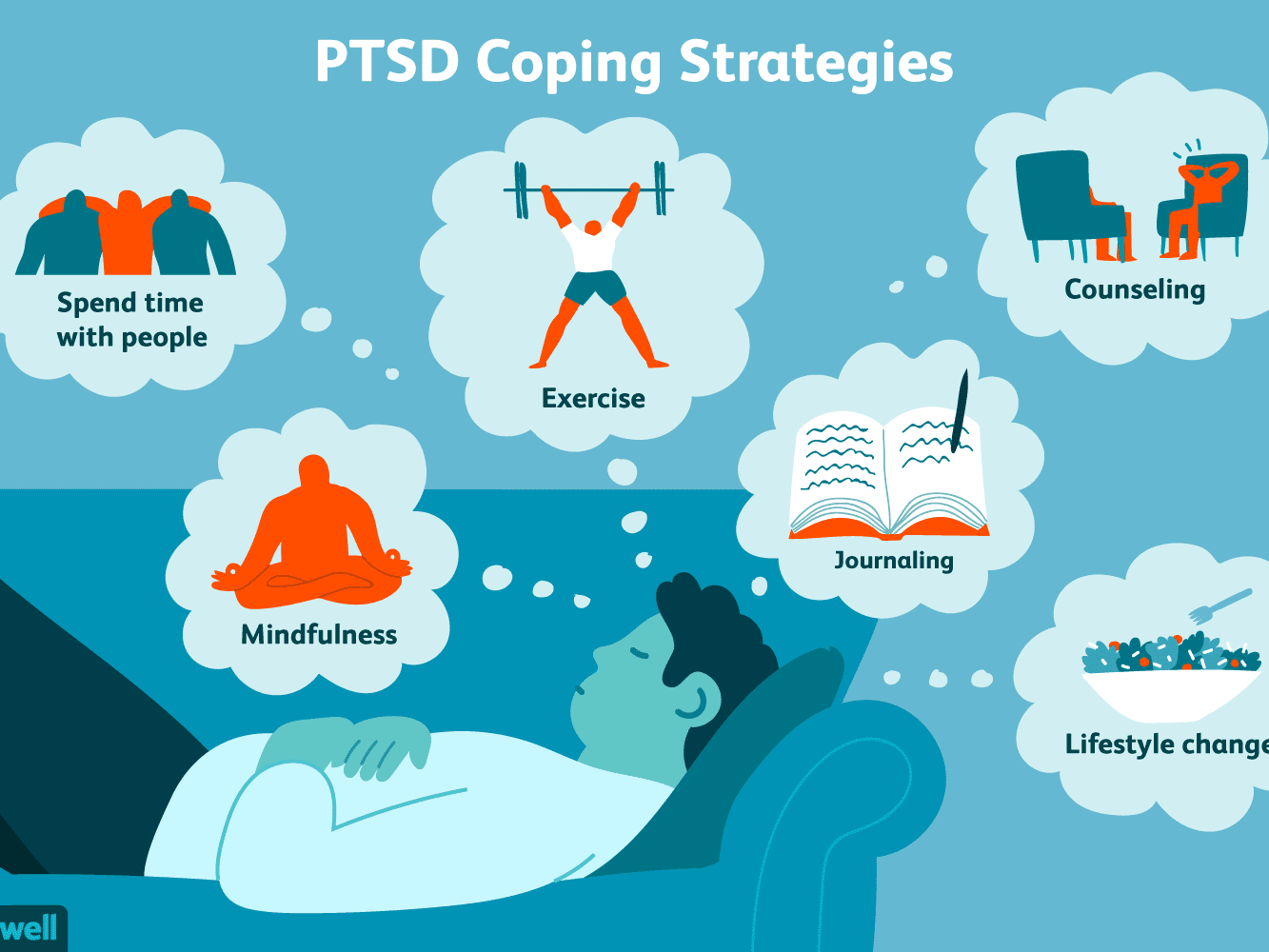

a preoccupation with eating, avoiding eating, calories in food, or “earning” food.inaccurate and intrusive thoughts about appearance.ideas about perfectionism, such as being unworthy of love if a person does not achieve a “perfect” body.Intrusive thoughts are common among people with eating disorders such as anorexia nervosa and bulimia nervosa. Intrusive thoughts about eating disorders People experiencing these thoughts may avoid public places and contact with others. using knives or other items to harm others.fearing they have lost touch with their faith or beliefsĪ person may experience thoughts about being violent toward themselves or others.having negative thoughts in a religious building.

Types of intrusive thoughts about religion can include a person: obsessive thoughts about a partner leaving the relationship.constantly seeking reassurance from a partner.analyzing the strength of their feelings for their partner obsessively and finding fault.Examples of this type of intrusive thought can include: People may worry about their relationships, and intrusive thoughts can place a strain on them. fears regarding their sexual orientation.fear of being attracted to members of their family.fear of being sexually attracted to infants.Intrusive thoughts that are sexual tend to revolve around a person’s sexuality or sexually harming others. There are many types of intrusive thoughts, including the following: Intrusive thoughts about sex and sexuality


 0 kommentar(er)
0 kommentar(er)
